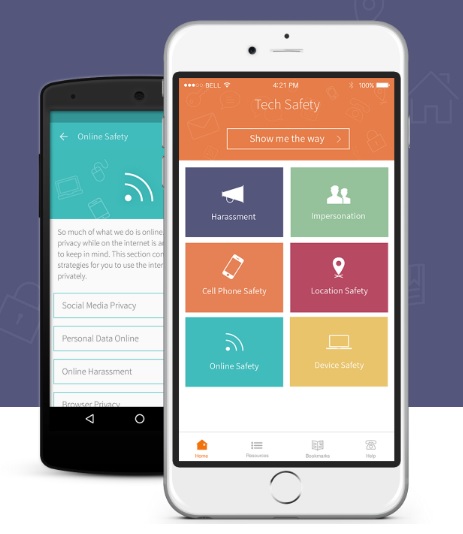Resources Library:
Start a Search:
New Report Available from the Family and Intimate Partner Homicide Surveillance Project
The Office of the Chief Medical Examiner in the Virginia Department of Health has issued a new report from the Family and Intimate Partner Homicide Surveillance Project, Family and Intimate Partner Homicides in Virginia’s Cities and Counties: 1999-2013.
The year 2013 marked the fifteenth year of data collection by the Family and Intimate Partner Homicide Surveillance Project. This report examines the burden of domestic violence related homicides in Virginia over that time period. The main body of the report gives an overview of trends and disparities in the impact of fatal domestic violence through the lens of place and locality using maps, figures, and geographic divisions. Report appendices contain extensive look-up tables detailing the impact of these deaths at the level of city/county for the entire fifteen-year surveillance period, to support local and regional efforts to respond to and prevent future fatalities.
This and other reports are available here.
New Reports from the Virginia Violence Death Reporting System
The Office of the Chief Medical Examiner in the Virginia Department of Health has issued two new reports from the Virginia Violent Death Reporting System: Homicide Across the Life Course and Homelessness and Violent Death.
Homicide Across the Life Course examines homicides from two viewpoints. First, a longitudinal perspective describes changing homicide rates from 2003-2011. Second, a life course perspective examines how homicide looks for different age groups and how homicide risk changes as we age. This report identifies populations who are more at risk than others, and documents regions of Virginia and circumstances surrounding homicide that can assist in developing targeted responses and interventions to reduce homicide and support healthier communities in the Commonwealth.
Homelessness and Violent Death examines violent death, particularly homicides and suicides, among people who were homeless at the time of death. Violence prevention is a challenge for any population, but it may be especially so for homeless persons whose daily life and poor access to fundamental resources such as housing, safety, food, and health care creates the opportunity and conditions for violence. Their vulnerable status is exacerbated by substance abuse problems and mental health conditions, which may not be addressed in any meaningful way because they are homeless.
New Resource for Victims of Technology Harassment
(as posted on the NNEDV website on July 26, 2016)

The National Network to End Domestic Violence (NNEDV) is excited to announce the release of a new mobile app offering resources for victims of technology-facilitated stalking or abuse. The Tech Safety App is an educational mobile app that helps users identify how abusers can harass them by misusing technology and learn what steps they can take to enhance their technology safety and privacy.
This app takes advantage of the NNEDV Safety Net project’s more than 15 years of working on the intersection of technology abuse and violence against women, and who have provided expert advice, trainings, and consultation on this issue to thousands of survivors of abuse, victim service providers, and technology companies. This app is another way to get information into the hands of survivors.
The app is available on iOS and through the Google Play store. Click here for more information.
New Resources on Adult Fatality Review in Virginia
As of July 1, 2015, Virginia law supports the formation of local and regional Adult Fatality Review Teams (AFRTs) to identify and review deaths involving abuse, neglect and exploitation of incapacitated and older adults in the Commonwealth. Resources to assist communities in forming AFRTs can be found here.
Next Steps
This Power Point presentation was developed and presented by Nancy Fowler, Program Manager at the Office of Family Violence for the Promising Practices For Domestic Violence Programs conference on September 18, 2013

